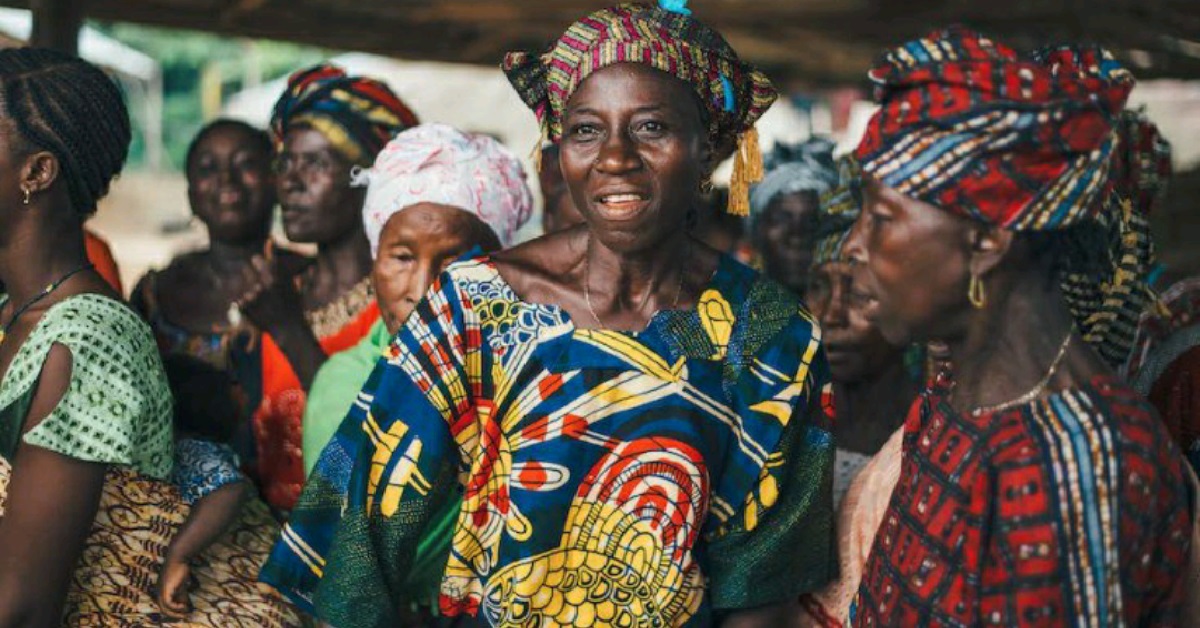Sierra Leone’s President, Julius Maada Bio, signed the new Gender Equality and Women Empowerment into law in January 2023 which has shaken the foundations of previously held ideologies that restricted females’ involvement in various aspects of the country.
Women have been assured of 30 per cent political representation in national and local government seats, the civil service as well as private enterprises in the country. This development will hopefully also stimulate interest in politics.
Janet Bangura, a administrative worker said “A year ago, I only nursed the dream of ever becoming a politician because the playing field has never been equal for women. This has changed with the signing of the Gender Equality and Women Empowerment (GEWE Act 2022), which guarantees at least 30 per cent of female participation in Parliament and at least 30 per cent of all diplomatic appointments to be filled by women.”
The law also gives an extension of maternal leave from 12 weeks to 14 weeks.
Setcheme Jeronime Mongbo, the Head of the United Nations Women’s office in Sierra Leone revealed that the September 2022 data on women’s representation in English West Africa shows that Sierra Leone is leading the way as to Ghana which has 14.8 per cent of women in Parliament, Gambia, 11.6 per cent, Liberia, 9.7 per cent and Nigeria, 7.2 per cent respectively.
In her statement, the Minister of Gender and Children’s Affairs, Manty Tarawalli said although, the law was enacted late noted that it was better late than never and attributed the signing to the commitment of the President Maada Bio.
“The climate wasn’t right in terms of women’s readiness and men not being accommodating for this sort of growth until now.”
She called on men to accommodate women at different places within the country as they need to put in place structures to create a network to support females who will be in elective positions to know there is help for them by rolling out the enabling environment as and when necessary.
President Bio has also the law has come to address the gender imbalances in the country comprehensively, and among other things, the provisions under the law provide for “inclusion, representation, participation, and a more responsive posture on gender and encourage females that “this is a license for them to get quality education, work hard and aspire beyond their wildest imagination to be the best at anything they do.”



 Post a comment
Post a comment









Comment(s)
Disclaimer: Comments expressed here do not reflect the opinions of Sierraloaded or any employee thereof.
Be the first to comment